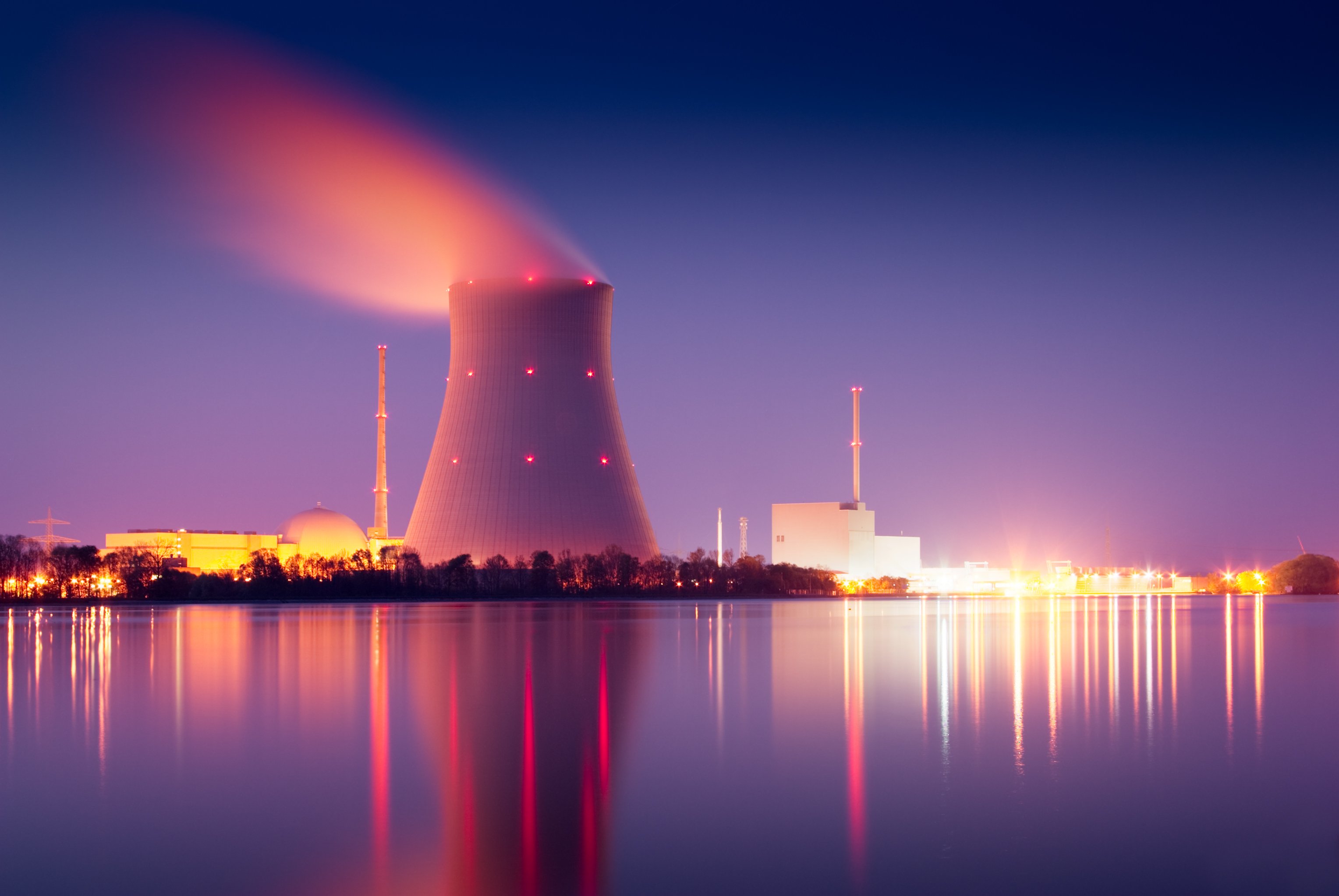It would have been hard to miss the news over this past weekend that some aggressor had attacked key parts of Saudi Arabia's oil infrastructure, cutting in half its ability to export oil. This closing of the tap, even temporarily, on 5% of the world's crude supply had the obvious impact on oil prices and oil stocks: They shot higher. But as MarketFoolery host Chris Hill and senior analyst Jason Moser note, investors in this sector shouldn't be too surprised about what sorts of things are moving it -- the only real surprises are about when it moves.
In this segment of the podcast, the pair discuss the investment thesis for the oil market, the energy market more broadly, and a few specific stocks that have caught their attention.
To catch full episodes of all The Motley Fool's free podcasts, check out our podcast center. To get started investing, check out our quick-start guide to investing in stocks. A full transcript follows the video.
This video was recorded on Sept. 16, 2019.
Chris Hill: ExxonMobil, Chevron, BP, Royal Dutch Shell -- all of those stocks are on the rise this morning. That's because oil prices are on the rise. This is after a coordinated attack hit Saudi Arabia's oil industry over the weekend, forcing Saudi Arabia to cut its oil output by half. If I'm doing the math right, that ends up being about 5% of global production. Look, if you already own any one of these oil stocks, you're having a good day. How do you think about this story, in terms of both the short term and the long term?
Jason Moser: I will say, first and foremost -- let double check this in my mind real quick -- I don't believe I have any direct ownership in any oil stocks. We've talked a lot on these shows about what makes investing in oil so difficult -- it's just a straight-up commodity. Obviously, a commodity that is very important to making the world go around in this day and age, but it's a commodity, nonetheless. It seems like it's always beholden to particular ebbs and flows and supply and demand. If you're really going to get the opportunity to make some money investing in energy, then you need to be able to depend on some sort of geopolitical event, or something happening that you almost really can't predict, other than, you can just say, "Well, at some point down the line, there's going to be a geopolitical event that occurs that is going to make oil go up for whatever reason." We've been kind of calling for this for a while now, and it hasn't happened. Oil prices have been very depressed going back all the way to 2014. If you look at the stock charts of a lot of these big familiar names in the industry, whether it's Exxon, those shares are down over the last five years; Chevron essentially flat; Halliburton down as well; even though they're up a little bit today. That really is because, as the commodity prices stay low, well, that limits the profitability these companies can wring out. So I think that's what makes investing in oil so difficult. It is a bit more short-term in nature. I think it's a bit more value-focused. You need to be able to identify a price in which you're happy to get out and just claim some profits. It's not to say that you can't make money doing it. But that's generally how I view investing in it, which is why I really kind of don't.
Hill: Do you have any exposure to energy in your portfolio? I'm always reminded, anytime energy comes up of something Ron Gross said to me years ago, which was, when he was running the Million Dollar Portfolio service, he looked and thought, "There's no energy exposure in here. It's a massive industry. I want to get together with my team and figure out a way to get some type of exposure, even if it's not directly in oil producers."
Moser: I guess the most direct exposure I have to energy would be probably something like Amazon, with the investments that it makes in wind energy and whatnot. I don't own any Tesla.
Hill: That's a couple of steps away.
Moser: Yeah, exactly. Indirect is the best I can possibly give you right now. It's not to say that I don't think there's opportunity there. But, frankly, I've never been attracted to the solar industry. The one company where I thought perhaps it could pique my interest, Solar City, well, we know how that turned out, Chris. That's, if anything, made me a little bit more skeptical of the economics of the industry in general.
But I do think, when you look at the way that oil moves around the world, some very interesting numbers to take note of here. The 15 countries that imported the highest dollar value worth of crude oil during 2018, so the companies that are bringing the most oil in -- China at No. 1; United States at No. 2; India at No. 3; Japan at No. 4; South Korea at No. 5. Now, if you look at the top 15 suppliers from which the U.S. imported the highest dollar value worth of oil -- in other words, where do we get all of our oil here? -- Canada is No. 1; Saudi Arabia is No. 2; Mexico is No. 3. Now, you'll see that Saudi Arabia name across a lot of countries there. A lot of countries get a lot of their oil from Saudi Arabia, which is why, when you see something like this happen, you see such a knee jerk reaction.
One company I used to own, I don't own it anymore, but I was very interested to see how the stock would react today, was Clean Energy Fuels. Clean Energy Fuels is in natural gas. Essentially natural gas for fleets and trucks and whatnot. They've had a pretty tough go of it just because of the price of oil. They really need to see the price of a barrel of oil at $70 and higher for that value proposition to work out for their business model. As oil prices stay low, you have less incentive to switch over to natural gas. As good-hearted as people think they are, economics at the end of the day rule, regardless of what you may think about the environmental impacts. Clean Energy Fuels, up 8% today on this news. Not surprising at all because now, that value proposition becomes a little bit more apparent. That's a business that's had a lot of headwinds here lately. But if we do see the cost of oil start to creep up, and maintain higher levels here going forward, Clean Energy could be a company that stands to benefit a little bit here. Don't let that $2.30 stock price fool you.





